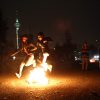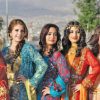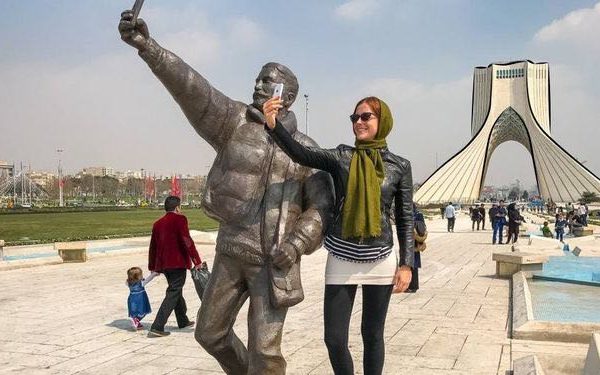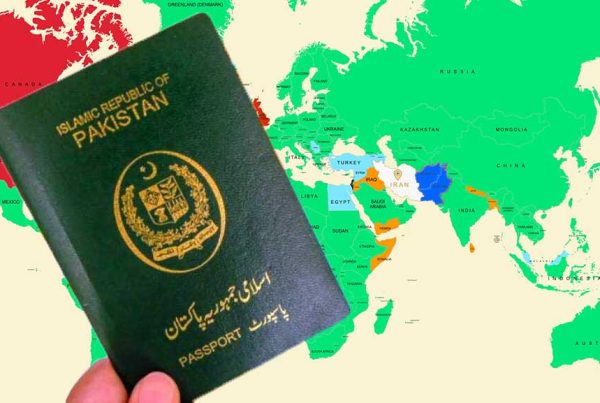Table of Contents
December seems to be a month of joy and happiness, full of merry festivals celebrated all around the world. I may not need to bring up examples, since you could be one of the Christians who celebrates Christmas in this month. But, you may not have a clue about one of the merriest celebrations held in December in Iran, known as Shabe Yalda (Yalda Night) or Shab-e Chelleh. So, let me spill the beans and inform you of this traditional Iranian celebration.
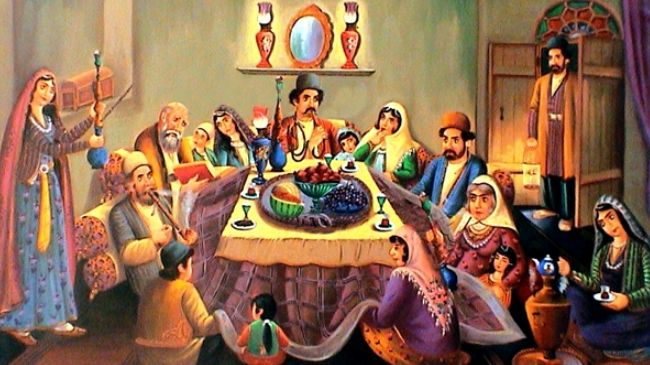
21st of December, or 30th of Azar based on Iranian calendar, coincides with the winter solstice which includes the longest night of autumn and the longest night of the year in Iran. Well, scientifically speaking, this night may not be much different from other nights of the year, except being a little bit longer. But, how would a human being feel in a long, dark and cold night? Miserable, no?
It is very probable that you reply, down in the dumps: “yes, a bleak night brings nothing but misery!’ However, long long time ago, I mean some time during the historical period entitled as ancient Persia, Iranians found a way to turn this cold, depressing night into a warm, blissful one: they called it Yalda and made a unanimous decision to make it a social night.
Now, if you are curious enough to know what is Yalda Night (Shab-e Yalda), please continue reading our article about this unique night.
Yalda Night History
Some historians state that during the reign of Zoroastrianism in Iran, it was generally believed that the longest and darkest night of the year was seized and dominated by the dark army of Ahriman, the god of all evil in the world. So, to avoid any misfortune befalling them, people were advised to spend the longest night of the year in the company and safety of groups, such as family members and friends. And, this idea of spending the Yalda Night with family and friends is what makes the backbone of the celebration held currently in Iran.
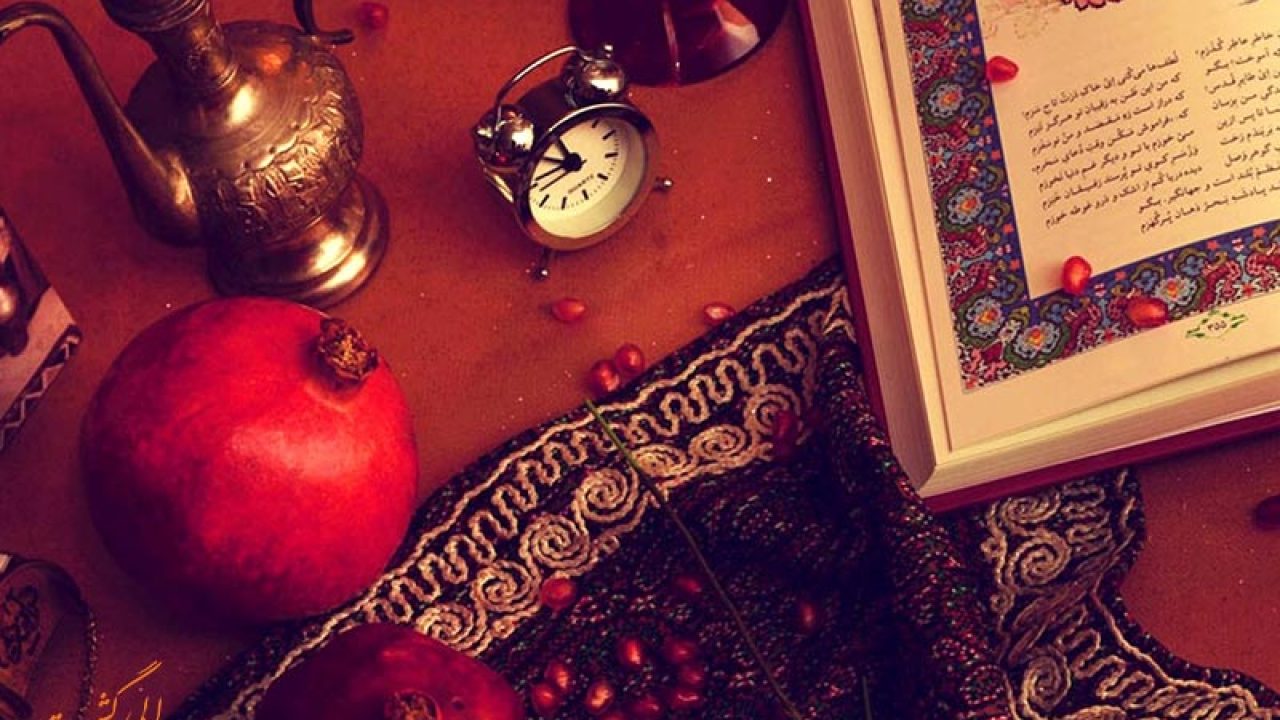
However, according to other sources, Yalda means birth and the festival of Yalda Night was held to celebrate the birth of Mitra: the mythological goddess of light.
By the way, whatever reason may lie behind the celebration of Yalda Night, it is the experience of this special night which gives it meaning and makes it unforgettable. So, let’s have a look at how Yalda Night is brought to life in present Iran.
The Celebration of Yalda Night: Customs and Traditions
First Step
Well, on the night of Yalda, or maybe up to one week before this special night, there would be much hustle and bustle in families: they have to get prepared to host their beloved, dear guests.
Usually, on this night of social gatherings, people go to and gather together in the houses of their elderly: grandparents, parents or other family members, such as aunts or uncles, who are considered as the elders of the whole family. The purpose of gathering in the house of elderlies is to pass the night under their protection and kindness.
Sweets, nuts and fruits?
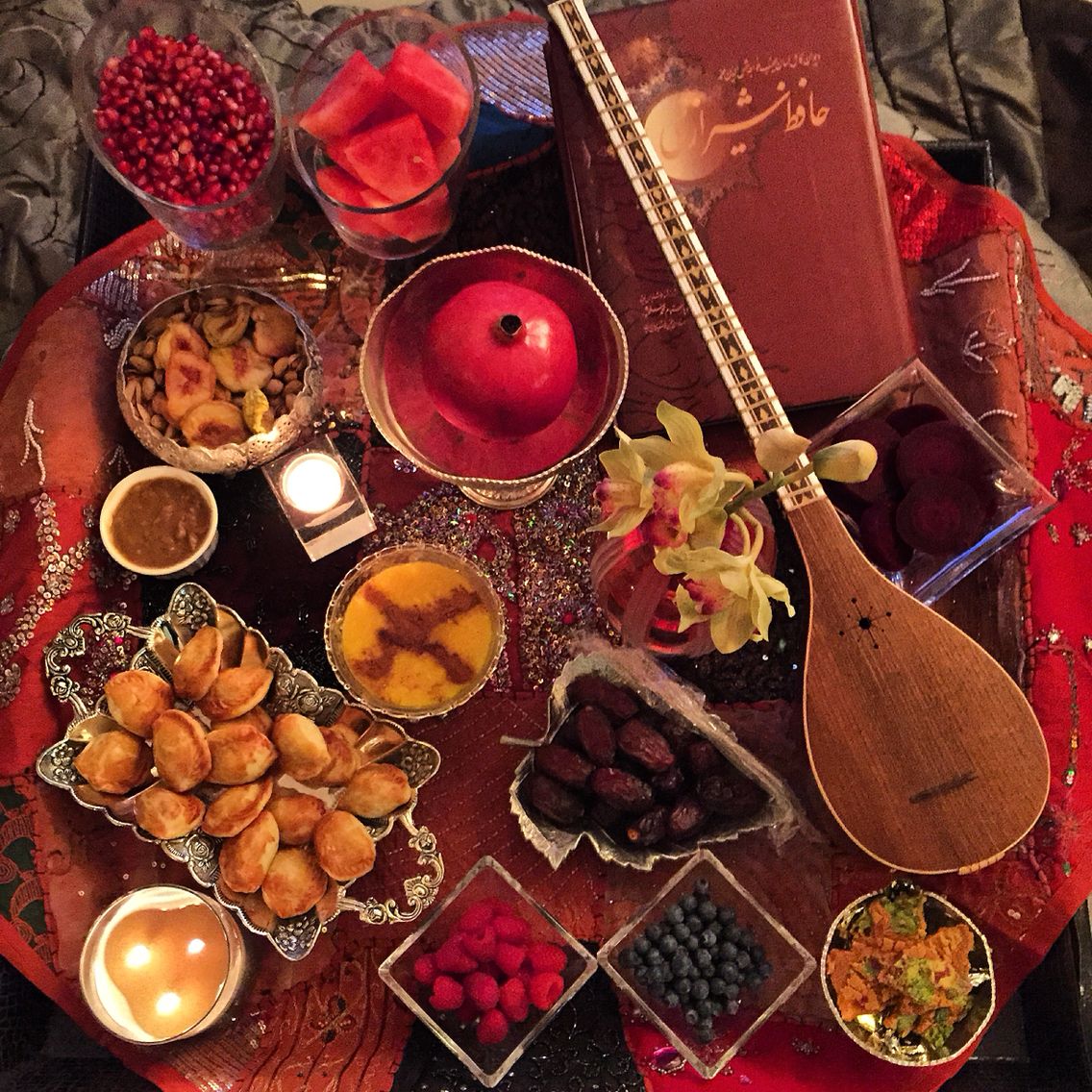
Yes! A table set with different types of mouth-watering sweets, nuts and fruits is an inseparable part of the ceremony. Here, watermelon and pomegranate are of great importance. Why? Because, in addition to being delicious, they carry symbolic meanings. Watermelon is said to be a symbol of sun, obviously because of its spherical shape. Furthermore, it is believed that eating watermelon keeps the disease away. And, concerning the shiny seeds of pomegranate, it is said that they signify the glow of life and birth. Finally, you should keep in mind that eating the last fru0its remaining from summer is a must.
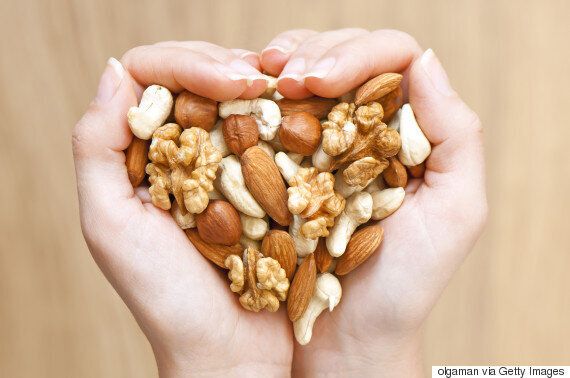
Yalda Night Poems
One of the most fun parts of the ceremony on Yalda Night (Shabe Yalda) is when the guests begin to predict the future of their wishes with the help of Divan-e Hafez. Divan-e Hafez is a book of poetry by the mystic poet Hafez, famous among Iranians as a visionary. So, those who want to know about the fulfillment of their wishes recite it silently in their mind. Then, they randomly open the Divan-e Hafez and pass it on to the oldest person present in the ceremony. Now, this elderly reads the randomly selected poem aloud and, just like a game, all the others try to surmise the fate of the wish made. And, the laughter and fun continues until the end of the longest night of the year, Shab-e Yalda (Yalda Night).




